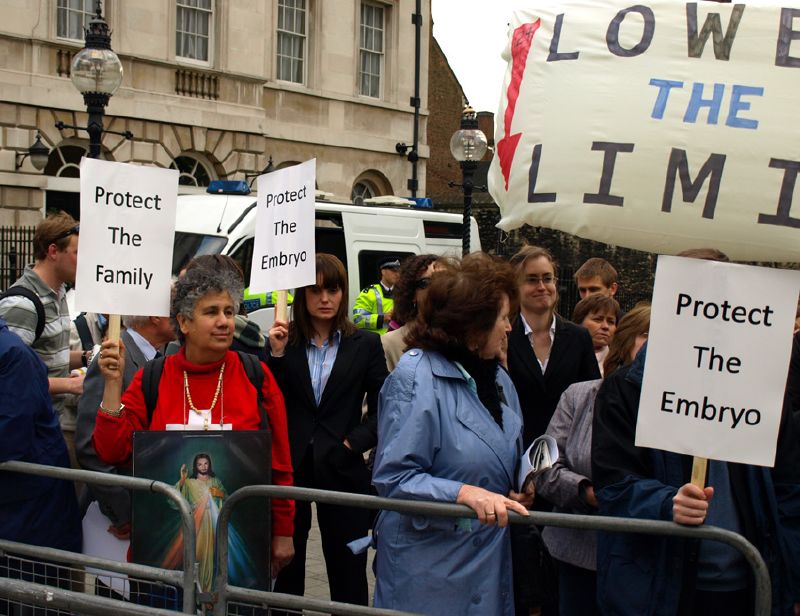UK MPs Vote to Decriminalise Late-Term Abortions in England and Wales

In a landmark decision, Members of Parliament (MPs) in the United Kingdom have voted overwhelmingly to decriminalise abortions that occur after 24 weeks of pregnancy. The amendment, spearheaded by Labour MP Tonia Antoniazzi, aims to protect women who find themselves in desperate situations, asserting that these individuals require support rather than criminalisation. This legislative shift, which received backing from 379 MPs against 137, is a significant alteration to the existing abortion laws that have been in place since the 1967 Abortion Act.
Historically, the legal framework governing abortion in England and Wales has been stringent. Under current law, abortion is generally illegal after 24 weeks unless there are grave circumstances, such as risk to the woman’s life. Antoniazzi's amendment, which was introduced as part of the Crime and Policing Bill, seeks to eliminate the threat of prosecution for the small percentage of women who undergo late-term abortions under challenging circumstances.
According to the statistics cited by Antoniazzi, nearly 99% of abortions in the UK are performed before the 20-week mark, leaving only a small fraction that fall into the late-term category. She emphasised the need for compassion towards women facing difficult decisions, stating, "Each one of these cases is a travesty, enabled by our outdated abortion law." This call for change has resonated with many, including campaigners from the British Pregnancy Advisory Service (BPAS), who have advocated for reform since 2016.
However, the vote has not been without its critics. Alithea Williams, public policy manager at the Society for the Protection of Unborn Children (SPUC), expressed dismay, arguing that the proposed changes would strip away vital legal protections for unborn children. Williams remarked, "If this clause becomes law, a woman who aborts her baby at any point in pregnancy, even moments before birth, would not be committing a criminal offence."
Despite the controversy, the proposal is viewed by supporters as a progressive step towards aligning UK laws with contemporary standards seen internationally. Stella Creasy, another Labour MP, voiced her support by advocating for a complete overhaul of the outdated 1861 Abortion Act, asserting that the legal framework should reflect modern practices and rights.
The implications of this legislative change extend beyond legal ramifications; they touch upon broader societal views on women's rights and healthcare. Heidi Stewart, chief executive of BPAS, celebrated the vote as a "landmark moment for women's rights in this country," marking it as the most significant change to abortion law since the original act was passed more than five decades ago.
The proposed amendment still requires further approval from both the House of Commons and the House of Lords before it can be officially enacted. As the debate continues, the outcome will likely influence not only the legal landscape regarding abortion in the UK but also the public discourse surrounding women's health and reproductive rights. With the recent rise in investigations related to illegal abortions, advocates argue that reform is necessary to prevent further stigmatization and criminalisation of women in vulnerable situations.
In the face of evolving medical practices and societal attitudes, the UK’s approach to abortion is undergoing significant scrutiny and potential transformation. As legislators deliberate, the voices of both supporters and opponents will play a critical role in shaping the future of abortion rights in England and Wales.
Advertisement
Tags
Advertisement




